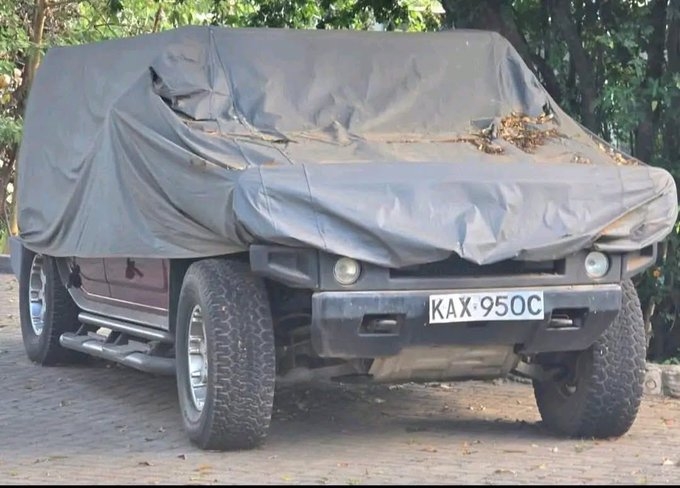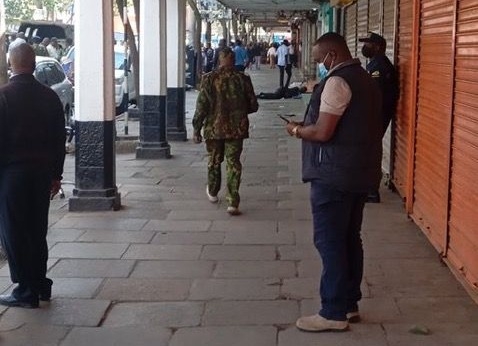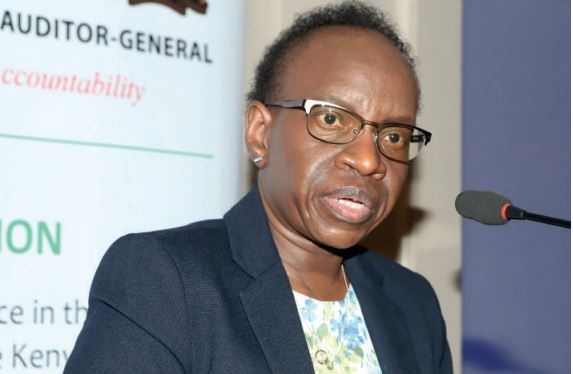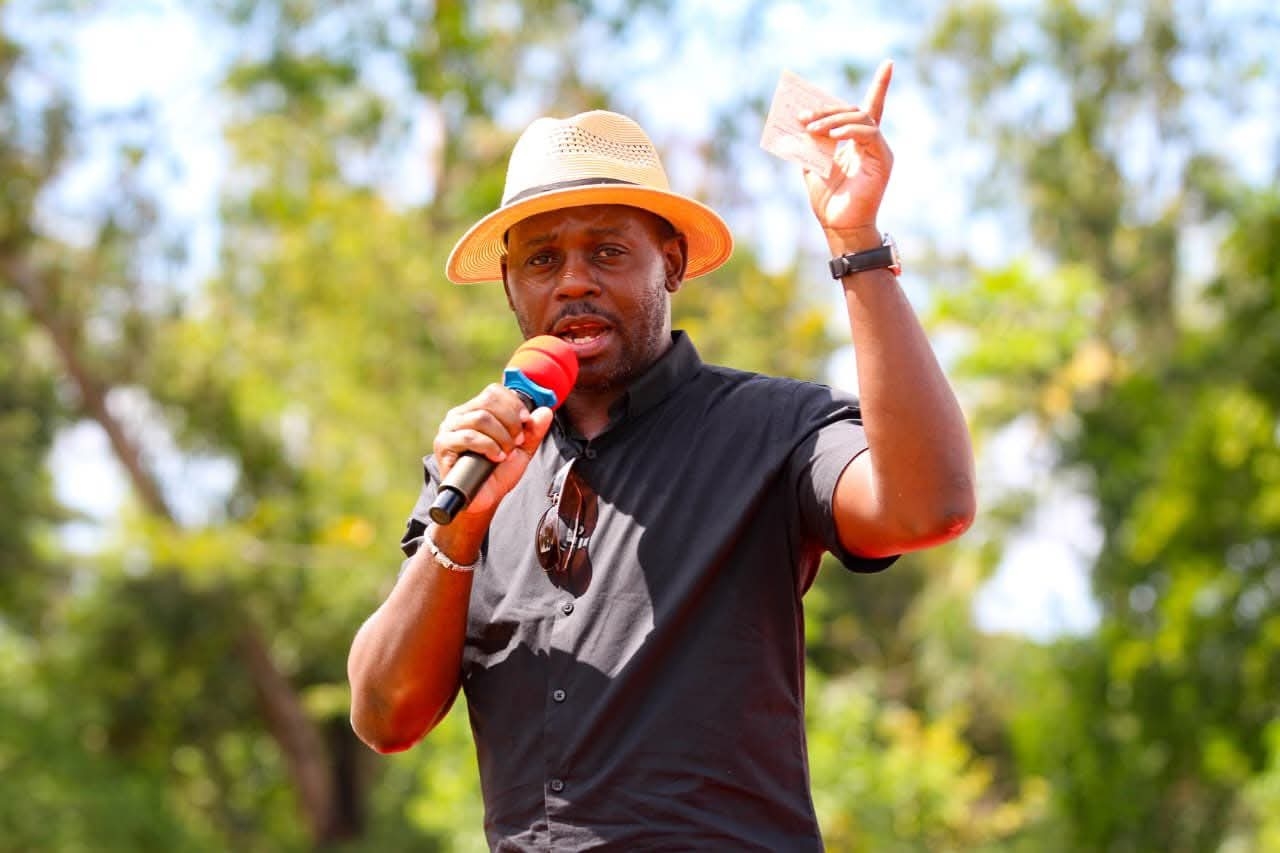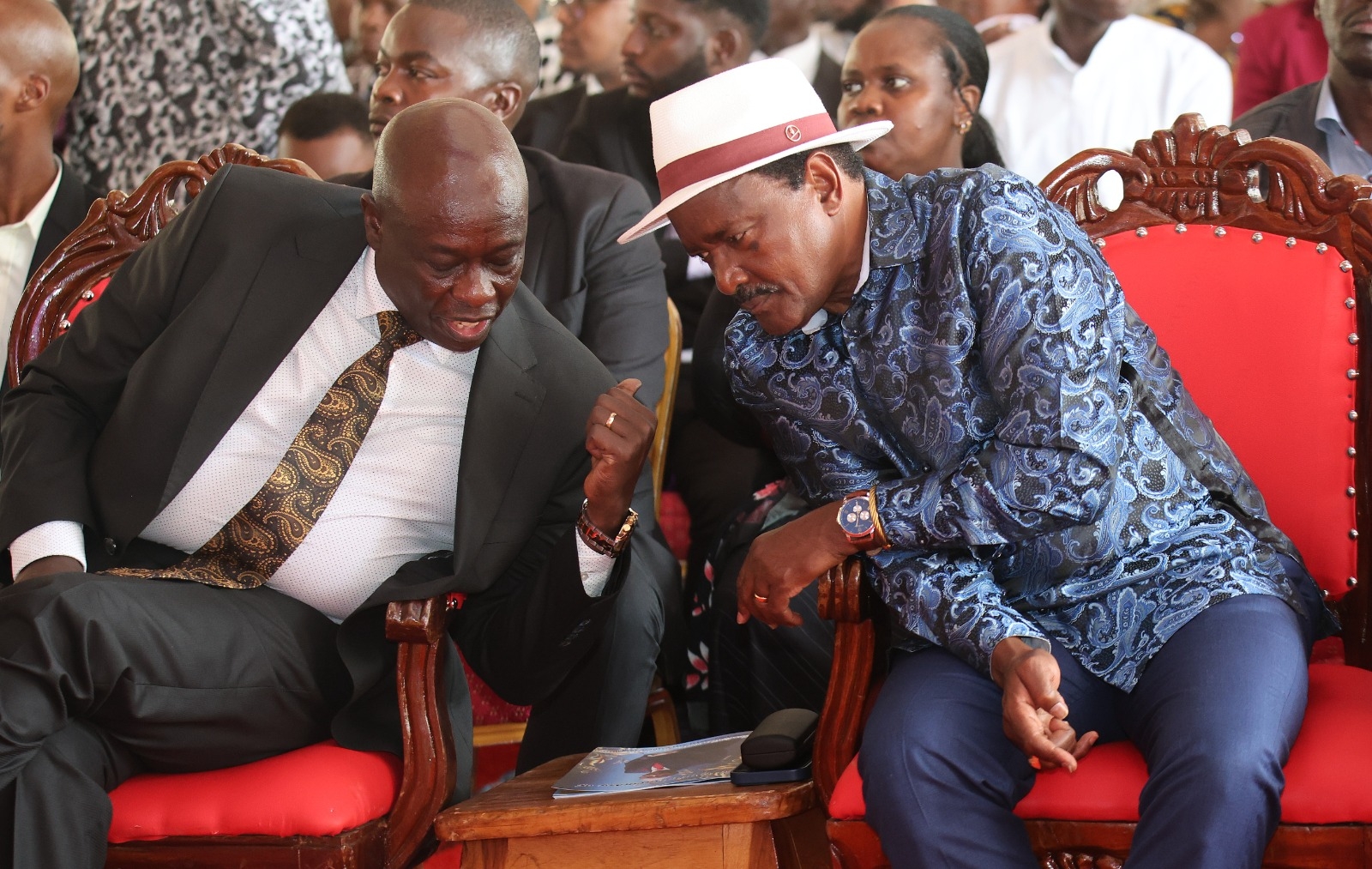

THE Kenya Veterinary Vaccines Production Institute has embarked on an ambitious plan to double the country’s vaccine production from the current 35 million doses to 70 million doses by 2027.
The plan is among a raft of strategies contained in the 2023-2027 Kevevapi Strategic Plan, which aims to boost livestock productivity and enhance food security by easing access to affordable and high-quality vaccines to farmers in Kenya and the region.
Speaking during the launch of the Sh 10.8 billion plan in Nyeri, Agriculture and Livestock Development Cabinet Secretary Mutahi Kagwe underscored the role of the institute in cementing the country's position as an animal vaccines producer.
Kagwe revealed that Kenya is already gaining recognition as a regional supplier of vaccines with a market reach of more than 14 countries, with additional efforts being made to tap Rwanda, Democratic Republic of Congo, Burundi, Djibouti and Mali markets.
According to data from the institute, a total 14 different vaccines were produced in 2018-2022. Out of the 177.2 million doses produced during that period, the country exported 11.3 million doses.
“When we went to Paris for the World Health Organization meeting, I made sure I pointed out that Kenya is an animal vaccines producer. Since then, I have received many calls from people who want to buy vaccines from us,” Kagwe said.
“As you know, Kevevapi is an animal vaccine producer and one of the very few in the African continent. We are very proud that we export many vaccines to many countries. Most of them have been in Africa, but increasingly outside the continent and this is an important and very strategic institution for Kenya because without it we will not be able to secure animals in our nation.”
Other key proposals outlined in the roadmap include plans to upgrade the institute’s facilities to align with global manufacturing standards.
The CS noted that it will not only boost production capacity but also enhance the country’s capability to combat foot and mouth disease, lumpy skin disease, and Peste des Petits Ruminants, which are major contributors of livestock losses and economic disruption.
“The demand for vaccines globally is going up because of the insistence by most of the consumers to know that the animals they are eating are healthy. And this is one of the reasons we have embarked on a mass vaccination campaign to ensure that Kenya is declared one of the countries that are disease free in the next three years, so that the importers of our livestock can do so knowing that they are safe and secure not just for food but also for sustenance in their own countries,” Kagwe said.
The CS dismissed allegations that the inoculations currently being used for the mass vaccination exercise in the country are donations from Bill Gates.
He said Kenya produces its own animal vaccines and it would therefore make no sense for the country to import.
“There was propaganda about the source of our vaccines that they were donated to us by an American tycoon. That is not true. The truth of the matter is that Kenya is an exporter of vaccines. We export foot and mouth disease vaccines to other parts of the continent, so it would not make sense for us to say that we are importing the vaccines while at the same time exporting.”
Speaking at the same event, Livestock Development PS Jonathan Mueke lauded the institute for unveiling a strategic plan that is aligned with the government’s Bottom-Up Economic Transformation Agenda on enhancing food security and nutrition.
Mueke pledged to support the institution to realise the ambitious plan.



